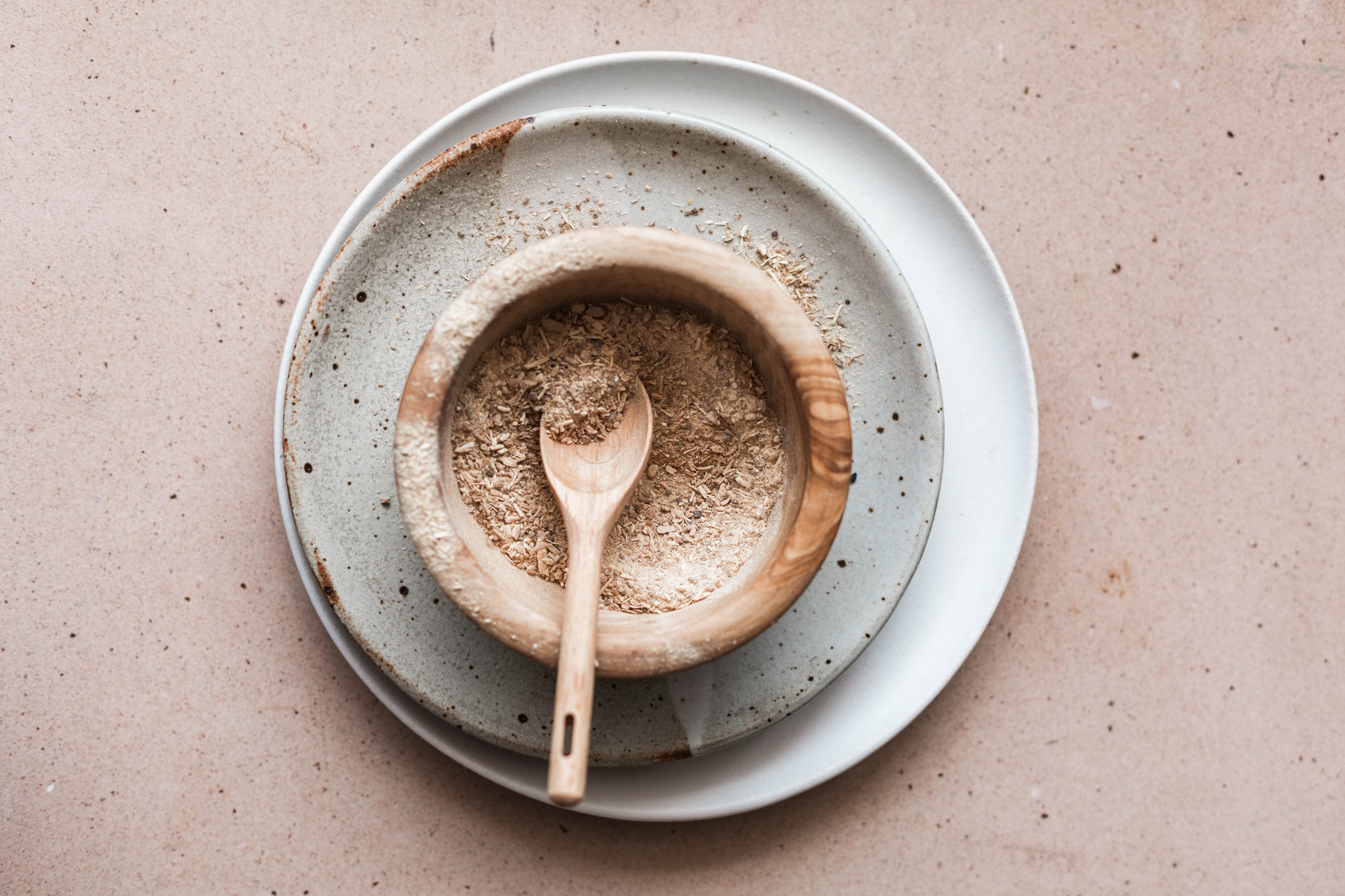Natural Remedies for Menopause
Menopause is a natural phase in a woman’s life that typically occurs in her late 40s to early 50s. It brings about a range of symptoms, such as hot flashes, insomnia, anxiety, depression, weight gain, night sweats, and low libido. While hormone replacement therapy (HRT) is commonly prescribed to alleviate these symptoms, some women prefer to explore natural alternatives to HRT. In this blog post, we will delve into science-based naturopathic interventions, including vitamins, minerals, herbs, diet, and lifestyle adjustments, that offer relief using natural remedies for menopause without resorting to HRT.
Vitamins and Minerals as Remedies for Menopause
Vitamin E
Some studies have shown that this antioxidant vitamin reduces hot flashes and night sweats. It can be found in almonds, sunflower seeds, spinach, and broccoli. Aim for a daily intake of 400-800 IU.
Vitamin D
Adequate vitamin D levels are essential for bone health, mood regulation, and immune function. A vitamin D deficiency is prevalent during menopause and may contribute to mood disorders. Exposure to sunlight and consuming foods like fatty fish, fortified dairy products, and eggs can help maintain optimal levels.
Calcium and Magnesium
These minerals play a crucial role in maintaining bone density and muscle function. Calcium-rich foods such as dairy products, leafy greens, and fortified plant-based milk are important. Magnesium-rich foods include nuts, seeds, legumes, and dark chocolate.
Herbal Remedies for Menopause
Black Cohosh
This herb has traditionally alleviated hot flashes, night sweats, and sleep disturbances. While its exact mechanisms are still not fully understood, some studies suggest it may have estrogen-like effects. Consult a naturopathic doctor before using black cohosh, especially if you have a history of liver problems.
Dong Quai
Known as the “female ginseng,” dong quai has been used in traditional Chinese medicine for centuries to relieve menopausal symptoms. It may have mild estrogenic effects and can be helpful for hot flashes and menstrual irregularities. However, caution is advised for individuals taking blood-thinning medications.
Evening Primrose Oil
Rich in gamma-linolenic acid (GLA), this oil may help with hormonal balance and reduce symptoms such as hot flashes, mood swings, and vaginal dryness. Start with a low dose and gradually increase it, as it may cause gastrointestinal discomfort in some individuals.
Diet for Menopause Symptoms
Phytoestrogens
Incorporating foods rich in phytoestrogens can help balance hormone levels naturally. These include soy products, flaxseeds, lentils, and chickpeas. Aim for a varied and balanced diet that provides for these sources.
Omega-3 Fatty Acids
Omega-3 fatty acids, found in fatty fish (salmon, mackerel), flaxseeds, chia seeds, and walnuts, have been shown to reduce inflammation and promote brain health. They may help alleviate symptoms of depression and support overall well-being during menopause.
Limit Trigger Foods
Some women find that certain foods exacerbate menopausal symptoms. Common triggers include spicy foods, caffeine, alcohol, food sensitivities and processed foods. Pay attention to your body’s response and consider reducing or avoiding these items.
Lifestyle Interventions for Menopause
Regular Exercise
Regular physical activity, such as aerobic exercises, strength training, or yoga, can alleviate symptoms like weight gain, insomnia, and mood disturbances. Aim for at least 150 minutes of moderate-intensity exercise per week.
Stress Management
High stress levels can intensify menopausal symptoms. Practice stress-reducing techniques like deep breathing exercises, meditation, yoga, or tai chi. Consider seeking support through counselling or joining support groups to navigate this life transition.
Good Sleep Hygiene
Maintain a regular sleep schedule, avoid electronic devices before bed, keep the bedroom cool and dark, and practice relaxation techniques to create a conducive sleep environment. Good quality sleep can help reduce insomnia, hot flashes, fatigue, and mood disturbances.
Natural Remedies for Menopause: Alternatives to HRT
While hormone replacement therapy may be a suitable option for some women during menopause, others may prefer natural alternatives. By incorporating vitamins, minerals, herbs, dietary adjustments, and lifestyle interventions, women can experience relief from hot flashes, insomnia, anxiety, depression, weight gain, night sweats, and low libido. However, consulting with a naturopathic doctor before making any significant changes is essential to ensure personalized guidance and support throughout the menopausal journey. Remember, every woman’s experience with menopause is unique, and finding the right approach may require some trial and error.
Book NowReferences for Natural Remedies for Menopause
North American Menopause Society. (2017). The 2017 hormone therapy position statement of The North American Menopause Society. Menopause, 24(7), 728-753.
Dodin, S., Blanchet, C., Marc, I., Ernst, E., Wu, T., Vaillancourt, C., … & Guyatt, G. (2005). Acupuncture for menopausal hot flushes. Cochrane Database of Systematic Reviews, (4).
National Center for Complementary and Integrative Health. (2021). Black Cohosh. Retrieved from https://www.nccih.nih.gov/health/black-cohosh
National Center for Complementary and Integrative Health. (2021). Dong Quai. Retrieved from https://www.nccih.nih.gov/health/dong-quai
National Center for Complementary and Integrative Health. (2021). Evening Primrose Oil. Retrieved from https://www.nccih.nih.gov/health/evening-primrose-oil
National Institutes of Health Office of Dietary Supplements. (2021). Vitamin E Fact Sheet for Health Professionals. Retrieved from https://ods.od.nih.gov/factsheets/VitaminE-HealthProfessional/
National Institutes of Health Office of Dietary Supplements. (2021). Calcium Fact Sheet for Health Professionals. Retrieved from https://ods.od.nih.gov/factsheets/Calcium-HealthProfessional/
National Institutes of Health Office of Dietary Supplements. (2021). Magnesium Fact Sheet for Health Professionals. Retrieved from https://ods.od.nih.gov/factsheets/Magnesium-HealthProfessional/
Please note that the references provided are general sources on the topic of menopause and naturopathic interventions. It’s always important to consult with a qualified naturopathic doctor who can provide personalized guidance and recommendations based on your specific needs and health condition.


